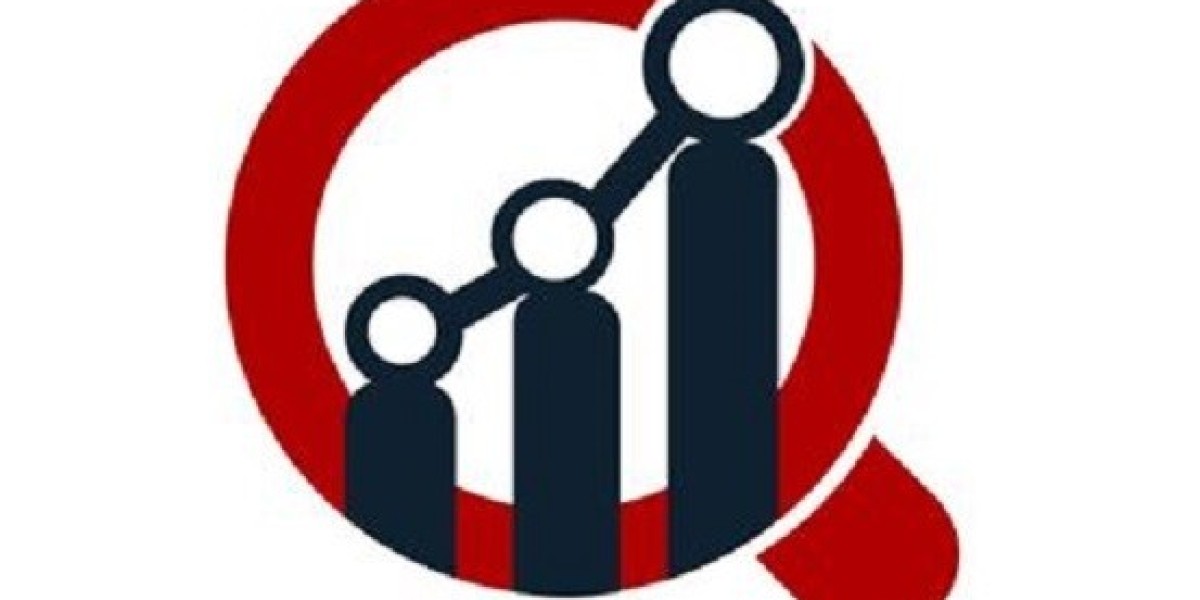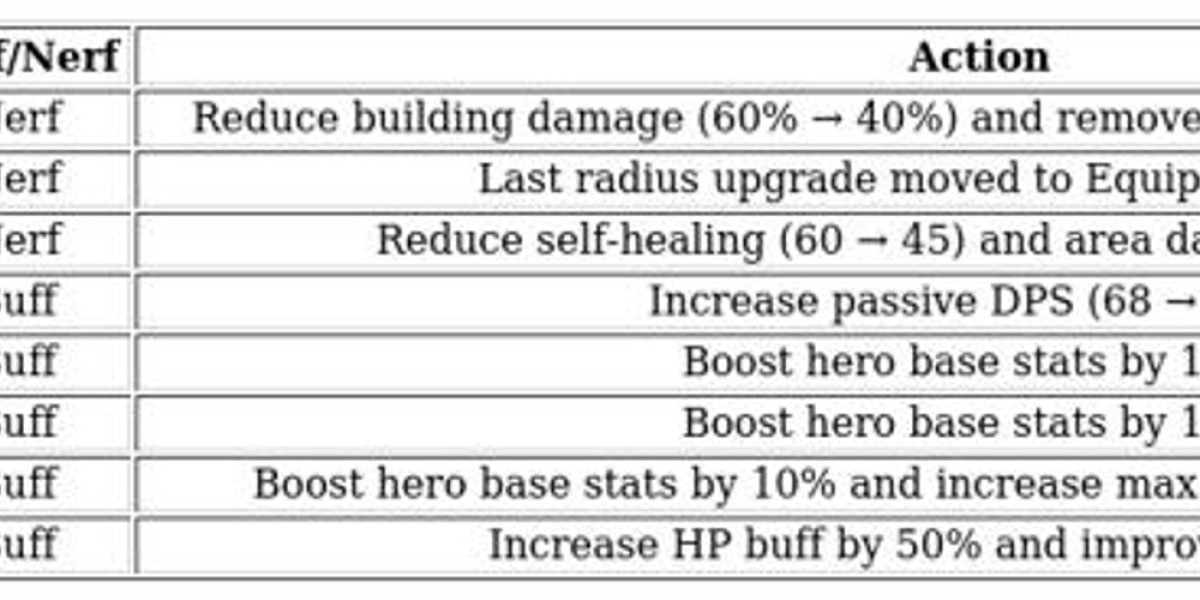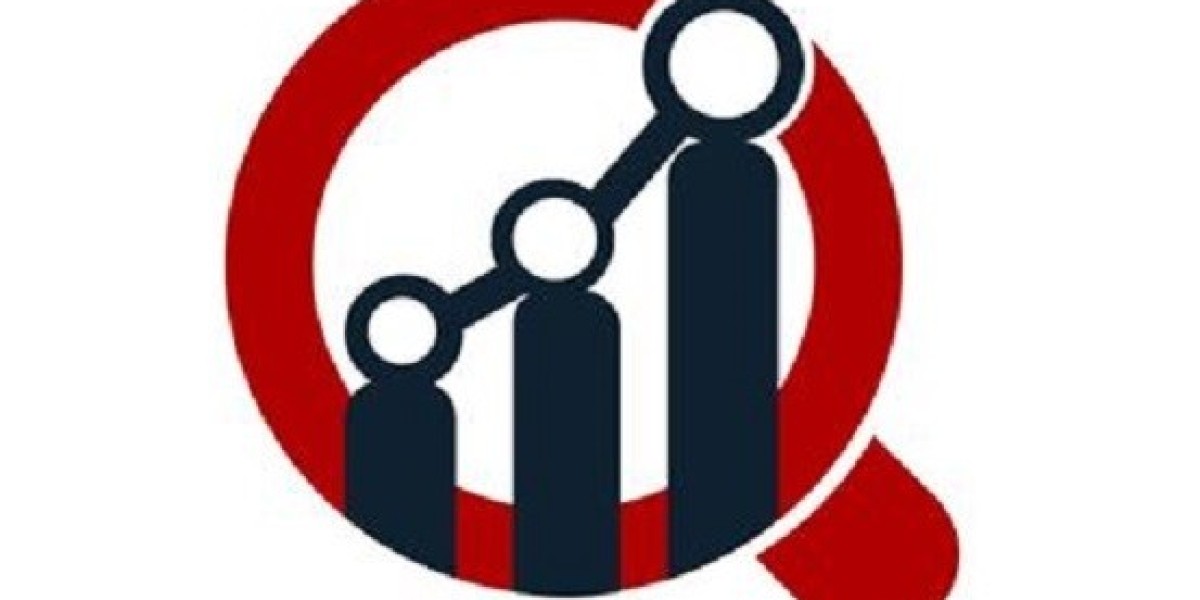Single-Use Technologies Biologic Market: Revolutionizing Biologics Manufacturing
The single-use technologies biologic market is transforming the way biologics are produced. Biologics, such as monoclonal antibodies, vaccines, and gene therapies, are complex products derived from living organisms. Their manufacturing involves intricate processes that traditionally required large, costly, and complex equipment. However, the shift towards single-use technologies (SUT) has made the manufacturing process more efficient, flexible, and cost-effective.
Understanding Single-Use Technologies
Single-use technologies refer to equipment and systems designed to be used for a single production run and then discarded or recycled. These technologies have gained significant traction in the biologics industry because they reduce the need for time-consuming cleaning and validation procedures associated with traditional reusable equipment. SUT includes bioreactors, filtration systems, mixing systems, and other components that are essential for the production of biologic drugs.
Key Drivers of Market Growth
Several factors are driving the growth of the single-use technologies biologic market. One of the key drivers is the increasing demand for biologic therapies. As the prevalence of chronic diseases such as cancer, autoimmune disorders, and diabetes rises, the need for biologics to address these conditions grows as well. Single-use technologies are particularly beneficial in the production of biologics because they allow manufacturers to scale production quickly and efficiently.
The flexibility offered by SUT is another major driver. Unlike traditional biomanufacturing methods that require the installation of expensive and time-consuming infrastructure, SUT can be quickly integrated into existing manufacturing facilities, reducing downtime and speeding up production timelines. Furthermore, the ability to use smaller batch sizes enables manufacturers to produce biologics on demand, making it easier to respond to market needs.
Challenges in the Single-Use Technologies Biologic Market
While single-use technologies offer numerous advantages, there are challenges associated with their widespread adoption. One of the main concerns is the environmental impact of disposing of large volumes of single-use components. As the use of these technologies increases, so does the demand for disposal solutions that minimize environmental harm.
Additionally, the reliance on disposable systems raises concerns regarding product quality and consistency. Although single-use technologies have been proven to be reliable, manufacturers must ensure that the products produced using these technologies meet stringent quality standards. There is also the challenge of ensuring the availability of raw materials and components required for single-use systems, especially in times of supply chain disruptions.
Recent Innovations in Single-Use Technologies
Recent advancements in single-use technologies have focused on improving the efficiency and reliability of the systems. For example, innovations in bioreactor design have enabled the production of biologics in a more controlled and scalable manner. The development of reusable single-use components, such as sensors and probes, has also helped reduce the environmental impact of these technologies.
Additionally, the integration of automation and digital technologies into SUT has led to enhanced monitoring and control of the manufacturing process. The use of data analytics and machine learning to optimize production processes is another area of active research, ensuring higher yields and improved product quality.
Market Outlook and Regional Insights
The global single-use technologies biologic market is expected to continue growing rapidly. North America, particularly the United States, is a major market due to the presence of leading biologic manufacturers and a strong healthcare infrastructure. The increasing adoption of advanced manufacturing technologies and the growing demand for biologics further bolster the market in this region.
In Europe, countries like Germany, France, and the UK are at the forefront of adopting single-use technologies in biologics production. The European Medicines Agency’s (EMA) regulatory framework supports the use of SUT, encouraging innovation and expanding market opportunities.
The Asia-Pacific region is also witnessing significant growth in the single-use technologies biologic market. As emerging economies such as China and India invest in their healthcare and biomanufacturing sectors, the demand for biologic therapies and SUT is expected to rise. The affordability and flexibility offered by single-use technologies make them attractive for manufacturers in these regions.
Conclusion: A Bright Future for Single-Use Technologies in Biologics
The future of the single-use technologies biologic market looks promising, with ongoing innovations and increased adoption across the pharmaceutical and biotechnology sectors. While there are challenges to overcome, particularly concerning environmental impact and product quality, the flexibility, cost-effectiveness, and scalability of SUT make them an attractive choice for biologic manufacturers. As demand for biologic drugs continues to rise, single-use technologies will play an essential role in meeting the needs of patients worldwide.
Explore our latest reports
? Stay ahead in the healthcare industry. Browse our latest insights now!
About Market Research Future (MRFR)
Market Research Future (MRFR) is a global market research firm that provides comprehensive insights into market trends, drivers, challenges, and opportunities. We offer a broad range of market intelligence reports and consulting services to help businesses and enterprises in various industries make informed decisions
Media Contact:
Market Research Future (MRFR)
Phone: +1-646-845-9312
Email: contact@marketresearchfuture.com
Website: marketresearchfuture



